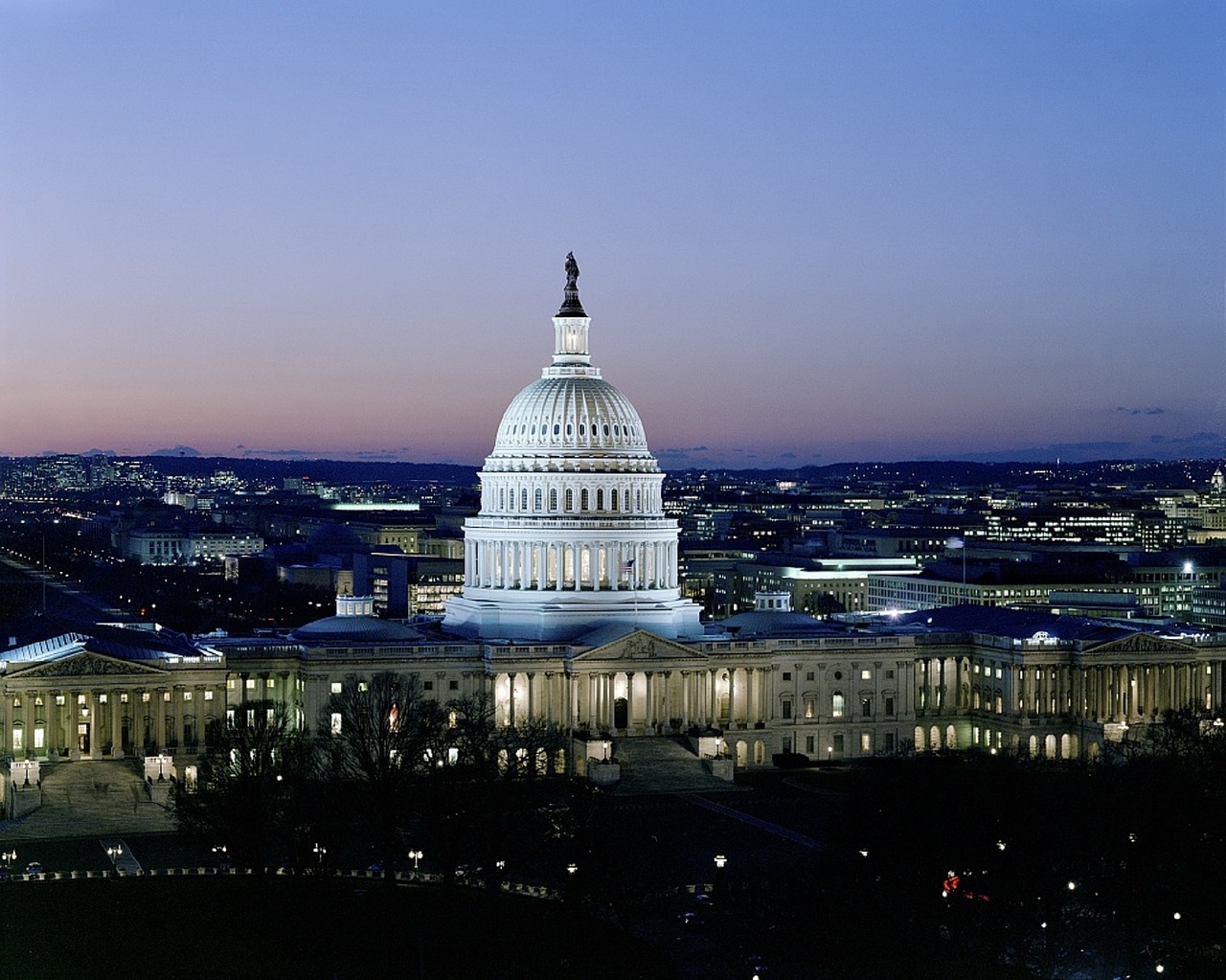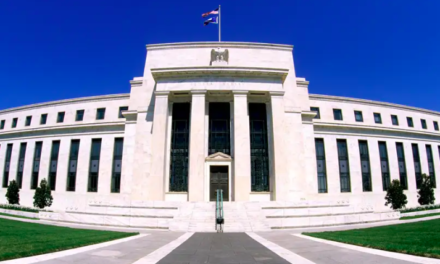Cashless transactions have become de rigueur, particularly throughout the past couple of years. Most retailers and institutions have switched to online payment through credit and debit cards and digital wallets to prevent the spread of contagion.
Gen Z – the sector of the population under the age of 25 – embraced the change wholeheartedly, opting to use it for the convenience and the freedom it gives them.
However, reality is starting to bite into Gen Z consumers, given the impact of soaring inflation on their most recent credit card bills.
According to a report recently released by credit score company VantageScore, the average credit card balance among those under 25 has gone up by 30% in the second quarter of this year compared to its score at the same time in 2021. Meanwhile, credit card balances among millennials – those between the ages of 25 and 40 – have gone up by 22% over the past twelve months.
Meanwhile, credit card balances among the rest of the credit card-using population are up by 11%
The Reason Behind It
VantageScore president and CEO Sergio Tavares opine that this is due to how the average millennial or Gen Z individual’s income has been unable to keep up with the speed of inflation.
Tavares added that while the number of credit card loans at least 30 days past due remains below pre-pandemic levels, it’s rising, especially among Gen Z card users.
Another consumer credit rating agency, TransUnion, also expects the number to go higher over the next several months, peaking at 8.4% at the beginning of 2023.
Another factor that has led to a rise in credit card balances is how the prices of basic commodities have risen because of inflation. Higher food and fuel costs mean consumers, especially younger people and those who fall into the lower income brackets, struggle to pay off their credit cards on top of other bills such as those for utilities or even repayments on student loans.
Tavares is, nevertheless, optimistic as a sizable number of Americans are paying off less in terms of credit card debt. But he still advises caution, adding that his company and others will monitor the rise in credit card balances among other user groups. He added that it is possible that the surge in inflation has already peaked and will be coming down over the next several months.














